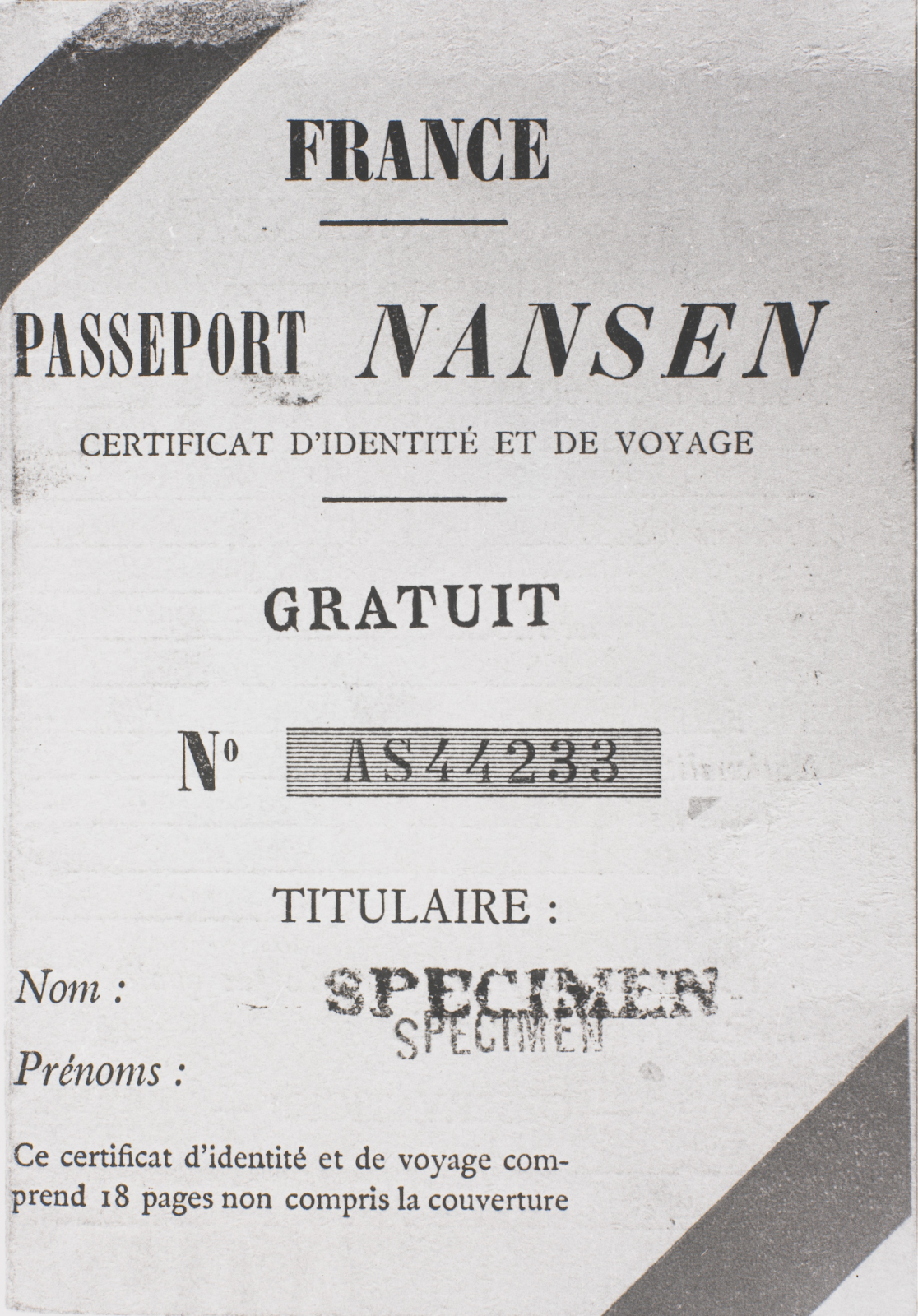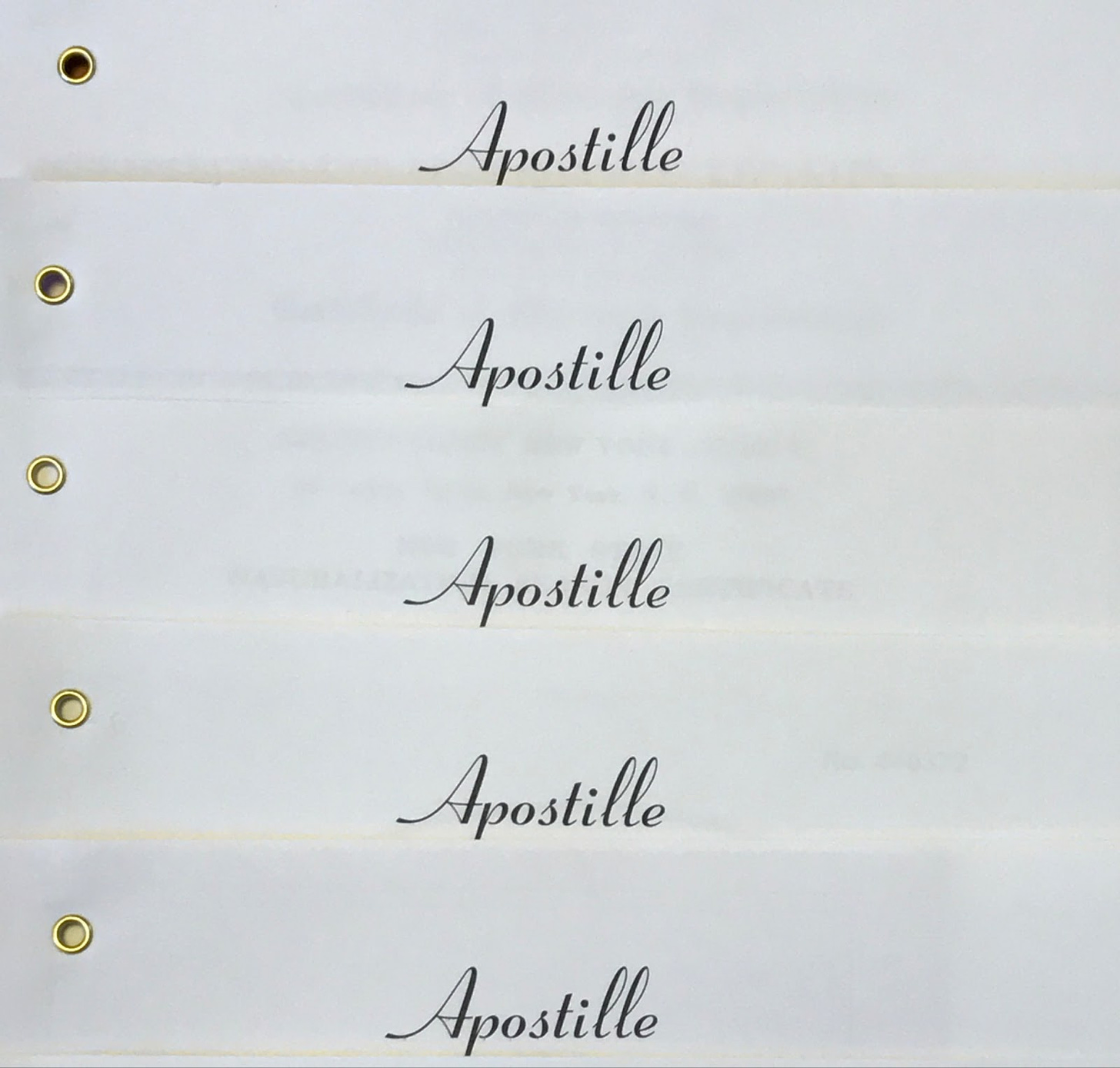Guan Yang | June 13, 2024
The Go Bag (Paperwork) Edition
On spare citizenships mattering more than multitools.
Guan Yang (GY) is a data scientist based in New York, sometimes working on financial data. He currently only holds one passport, expiring in 2026.
Guan here. There have been several “go bag” editions of WITI, including the original by Brady and Chris, and a recent update. They recommend things like a water bottle, a multitool and a compass–all very practical for an emergency where we urgently need to leave our home for a safe place or to return home.
Why is this interesting?
In situations requiring a quick escape, the biggest obstacles are often not a lack of drinking water or an inability to treat injuries, but the ones governments and bureaucracies put in our way. Can you prove your identity? Do you have the required documents to exit the country you’re in and enter another one? Can you qualify for a long-term visa or even citizenship somewhere else? Having the right paperwork, not just the right gadgets, is key to a complete go bag. The below, ideally, is what you’ll have in yours.
The Nansen passport was issued to stateless refugees after World War I
WITI Classifieds:
We are running some weekly classifieds in WITI again. If you’re interested in running an ad, you can purchase one through this form. If you have any questions, don’t hesitate to drop a line.
Where did Cormac McCarthy publish the ONLY non-fiction piece of his career? Nautilus. A science newsletter where intellectualism thrives. Sign up for free
—
The team at Media Evolution is back at it, hosting the boutique futures gathering The Conference in the hidden Swedish seaside gem that is Malmö. Readers can use the code FRIENDS24 to receive a 20% discount. Book here.
Passport. A passport is essential for international travel: it means a state vouches for your identity and is proof of your right to enter that state. Both features combine to make a passport essential to travel: the passport proves who you are, and it shows that there is at least one place you can be deported to, where you will (most likely) not be turned back. Many states also require their citizens to have a passport to exit the territory.
It’s good to keep at least a couple of years of validity on a passport: in 2021, the US pretty much stopped issuing passports. Some countries allow you to apply for a second passport, useful in case the first one is lost or tied up in visa applications.
New York apostilles from the author’s collection
Birth certificate with apostille. A passport is sufficient for short trips, but if you urgently need to move somewhere, you may need civil documents such as birth certificates, marriage certificates and school diplomas. Get an apostille, a certification that ensures they will be accepted in the 126 countries who are part of the Apostille Convention. Having these documents issued and apostilled can take months, and it’s not something you want to worry about in an emergency.
Outside Apostilleland, documents require a country-specific “consular authentication.” These are a huge pain and are not practical to do in advance, unless you can predict where you might want to move to. But the apostille is still expanding: China, Canada and Rwanda have joined in the past year, three countries that together account for 20% of world GDP.
A second (or third or fourth or fifth) citizenship. Every country has a hierarchy of travel and residence rights. Tourists and visitors have the least rights, long-term residents have more rights, permanent residents even more. But laws can change and rights can be taken away, as Brits learned after Brexit, and Vanuatans found out when they lost their visa-free access to the EU in 2022. Citizens sit at the top of the hierarchy with the best possible right to enter, and the least likelihood of losing that right.
In case you don’t qualify for a second citizenship by naturalizing where you live, or through a relative or ancestor, it is possible to buy one through citizenship-by-investment programs. In the Commonwealth of Dominica, citizenship can be obtained with a donation of $100,000. This tiny Caribbean island may not be where you dreamt of retiring, but at least there would be one place you can count on, to take you in and to provide you with a passport for your travels.
Citizenship can still be lost and states are increasingly eager to take it away. This makes it all the more valuable to have a second one to fall back on. (Though occasionally that can backfire, as some countries are less likely to denationalize people who would then become stateless.)
Proof of source of funds. If you are forced to start over from scratch in a strange place, you will hopefully have some savings to get you started. In this age of AML/KYC (Anti Money Laundering/Know Your Customer) regulations, the financial institutions where you land will want evidence that your money comes from a legal source and that you paid tax on it. A history of paystubs, business contracts, financial statements and tax receipts will help establish this. You could even get all this paperwork apostilled.
With all of these documents, along with tourniquet and space blanket, you should at last be set up for success in your new life.
_
Thanks for reading,
Noah (NRB) & Colin (CJN) & Guan (GY)
Why is this interesting? is a daily email from Noah Brier & Colin Nagy (and friends!) with editing help from Louis Cheslaw about interesting things. If you’ve enjoyed this edition, please consider forwarding it to a friend. If you’re reading it for the first time, consider subscribing.

